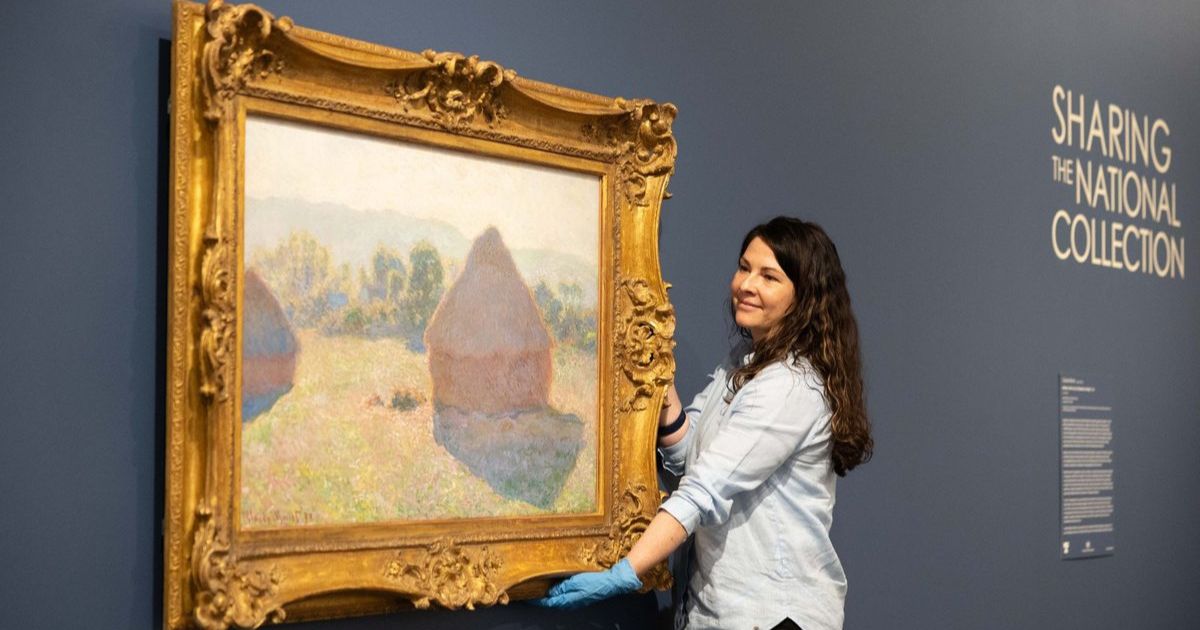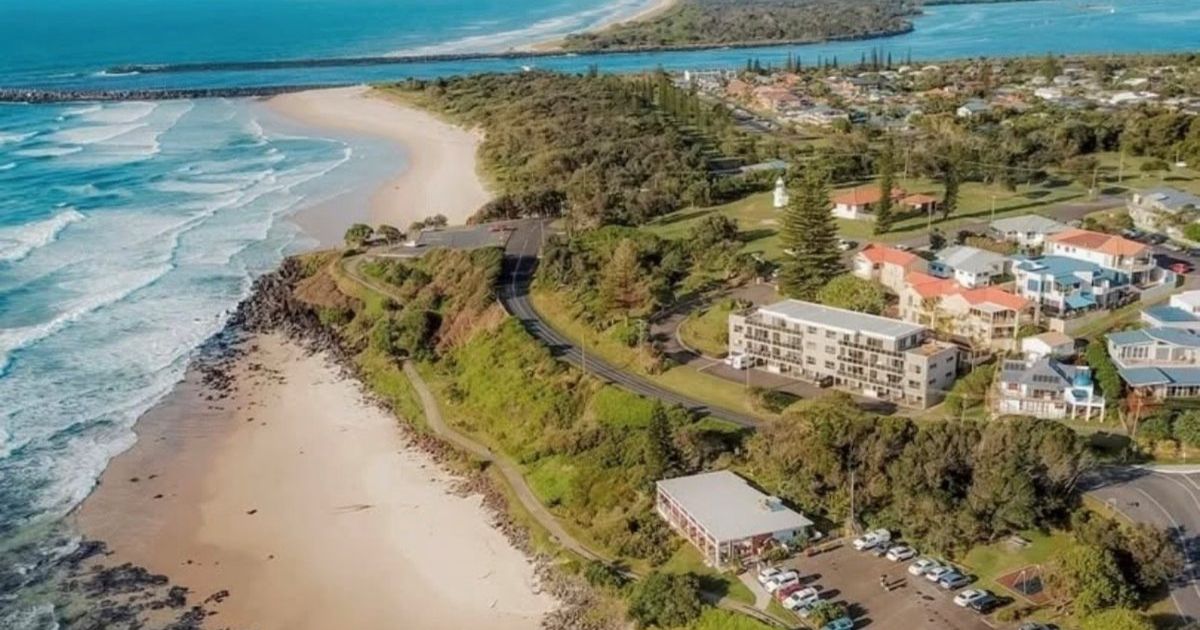Tweed Council motions on chemicals and single-use plastic

Chemicals and microplastics are found in many synthetic grass products in holiday parks across eastern Australia. Photo: SUPPLIED
GREENS councillor Nola Firth has led two successful motions addressing the reduction of synthetic chemicals and single-use plastics in the Tweed Shire.
In the wake of several dead platypuses recently discovered in NSW rivers with the chemicals in their livers and with chemicals being identified in some Sydney Water areas, Cr Firth zeroed in on both the chemicals and microplastics found in synthetic grass.
Many of the products commonly used by holiday parks can contain the chemicals and microplastics, which the councillor believes threaten local waterways.
The EPA’s 2023 report, NSW Plastic: Next Steps, noted that the state of NSW alone generated 800,000 tonnes of plastic waste each year with only 12 per cent of it recycled.
Cr Firth’s most recent motion on single-use plastics, which recommended further engagement with the Byron Bay Shire Council and its recently-adopted policy, was carried unanimously.
“In Tweed, we have a Zero Waste Strategy and commitment to a circular economy,” Cr Firth said in her motion.
“Our strategy has a key guiding principle of ‘lead by example and embed a local circular economy’.
“Joining our neighbouring council in this policy direction would strengthen the lead already being taken in the region on circular economy and the related environmental protection.”
The Byron Shire policy addresses a broad spectrum of single-use items including plates, food containers, cutlery, bottled water, drinkware, masks and individually-wrapped food items.
The ban will soon apply to all activities held on council land, including sports fields and halls.
“Our shire, by comparison, while it has begun work on the issue, does not have a policy that bans all these single-use items,” Cr Firth said.
“Despite the well-known littering, resource waste and environmental damage caused by single-use plastic and non-plastic items, production of such products is still on the increase.
“Plastic and other single-use products waste precious resources, litter our bushland, our rivers and our seas, and cause immense and often cruel damage to our already endangered wildlife.
“As a local government body, we have a responsibility to lead on this issue.”


















